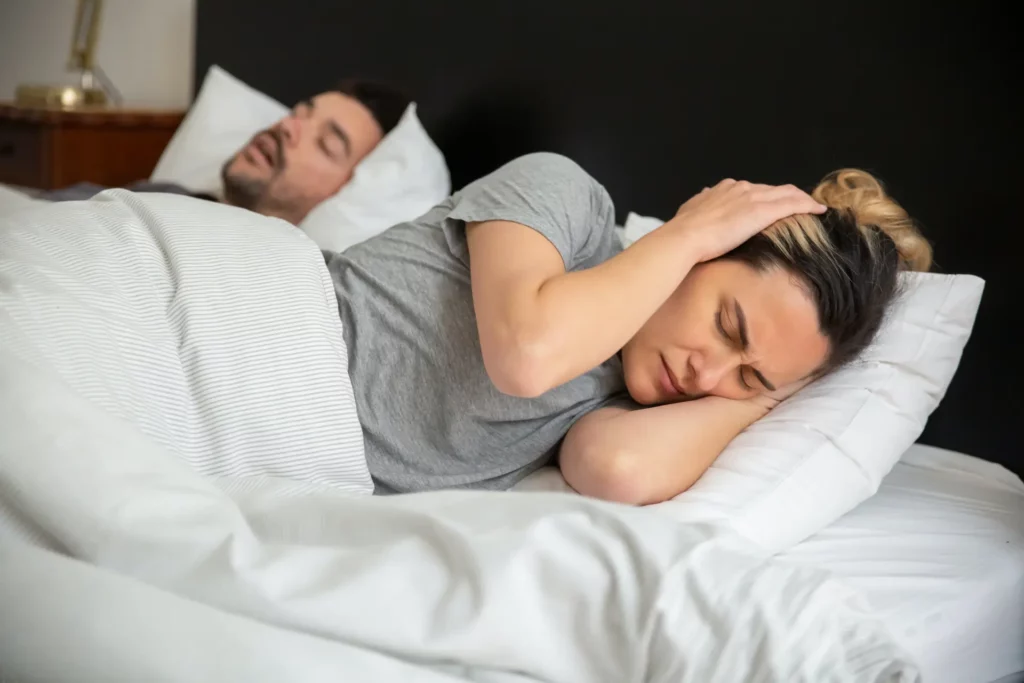
Sleep apnea is a serious condition that can have a significant impact on your quality of life. It can cause loud snoring, disrupted sleep, and daytime fatigue, among other symptoms. Fortunately, there are effective treatments available, and we can help. By providing customized oral appliances, we can help improve your breathing during sleep and reduce the severity of your symptoms. These appliances are comfortable, easy to wear, and can be adjusted to fit your specific needs. Additionally, unlike other treatments, such as continuous positive airway pressure (CPAP) machines, oral appliances are quiet, portable, and easy to use, making them a convenient and effective option for many patients.
At our dental practice, we are committed to helping our patients improve their sleep and overall health. Our experienced team of dental professionals will work with you to develop a customized treatment plan that meets your unique needs and fits your lifestyle. We understand the importance of good sleep and are dedicated to helping our patients achieve optimal health and wellness. So if you or a loved one is struggling with sleep apnea, don’t wait – contact us today to learn more about how we can help.
Feel energized and fresh after a good night's sleep.
Lower blood pressure, reduce the risk of heart disease and stroke, and improve overall well-being
Wake up happier. No longer be tired and irritable.
Using cone beam computed tomography (CBCT) to view your airway we can identify if you are at risk for sleep apnea.
We use state of the art scanning technology for precise custom fit sleep appliances.
Sleep apnea mouth guards are small and portable, making them convenient for travel or use outside of the home.
Sleep apnea mouth guards are easy to use and can be a good alternative to the more cumbersome CPAP machines, which some people find uncomfortable or difficult to use.
Your questions answered
Sleep apnea is a sleep disorder characterized by interruptions in breathing during sleep. It can cause shallow breathing, pauses in breathing, and even complete cessation of breathing.
Common symptoms of sleep apnea include loud snoring, daytime sleepiness, morning headaches, mood disturbances, difficulty concentrating, and waking up feeling unrefreshed.
Sleep apnea can have negative health consequences, including high blood pressure, heart disease, stroke, mood disturbances, and difficulty concentrating.
Sleep apnea can be diagnosed through a sleep study, which measures your breathing, heart rate, and other sleep-related functions while you sleep.
If left untreated, sleep apnea can lead to a range of negative health consequences, including daytime fatigue, high blood pressure, heart disease, stroke, mood disturbances, and difficulty concentrating. It can also have a negative impact on quality of life, including reduced productivity, strained relationships, and an increased risk of accidents.
Oral appliances for sleep apnea are custom-made devices that fit over the teeth and help to keep the airway open during sleep. They are similar to mouthguards used in sports and are designed to be comfortable, easy to wear, and effective.